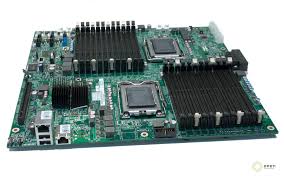compute
英 [kəmˈpjuːt]
美 [kəmˈpjuːt]
- vt. 计算;估算;用计算机计算
- vi. 计算;估算;推断
- n. 计算;估计;推断
使用频率:

记忆方法
将“compute”与“com”和“pute”结合记忆。想象“com”作为“computer”的缩写,而“pute”是“put”的变形,代表计算时数据被放置或处理。这样可以将“compute”记忆为电脑进行数据处理的过程。
以上内容由AI生成, 仅供参考和借鉴
中文词源
compute 计算
com-, 强调。-put, 计算,思考,词源同putative,dispute.
英语词源
- compute
-
compute: [17] Latin computāre meant ‘reckon together’. It was a compound verb formed from the prefix com- ‘together’ and putāre ‘reckon, think’ (source of English putative and various derived forms such as amputate, deputy, dispute, impute, and reputation). It was borrowed into Old French as compter, from which English got count, but English compute was a direct borrowing from Latin.
The derivative computer was coined in the mid-17th century, and originally meant simply ‘person who computes’; the modern meaning developed via ‘device for calculating’ at the end of the 19th century and ‘electronic brain’ in the 1940s.
=> amputate, count, deputy, dispute, impute, putative, reputation - compute (v.)
- 1630s, from French computer, from Latin computare "to count, sum up, reckon together," from com- "with" (see com-) + putare "to reckon," originally "to prune" (see pave). Related: Computed; computing.
权威例句
- 1. I compute my losses at 500 dollars.
- 我估计我的损失有五百元.
- 2. I tried to compute the cash value of the ponies and horse boxes.
- 我试着算了算马驹和运马拖车的现金价值。
- 3. The measures we compute for a sample are called statistics.
- 根据样本计算的量叫做统计量.
- 4. The losses caused by the floods were beyond compute.
- 洪水造成的损失难以估量.
- 5. A more accurate method is to compute the average.
- 一个更精确的方法就是求平均数.
